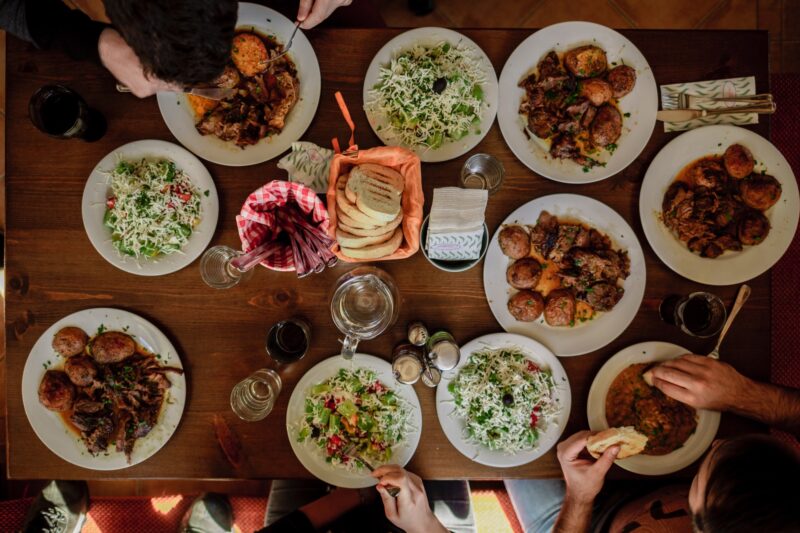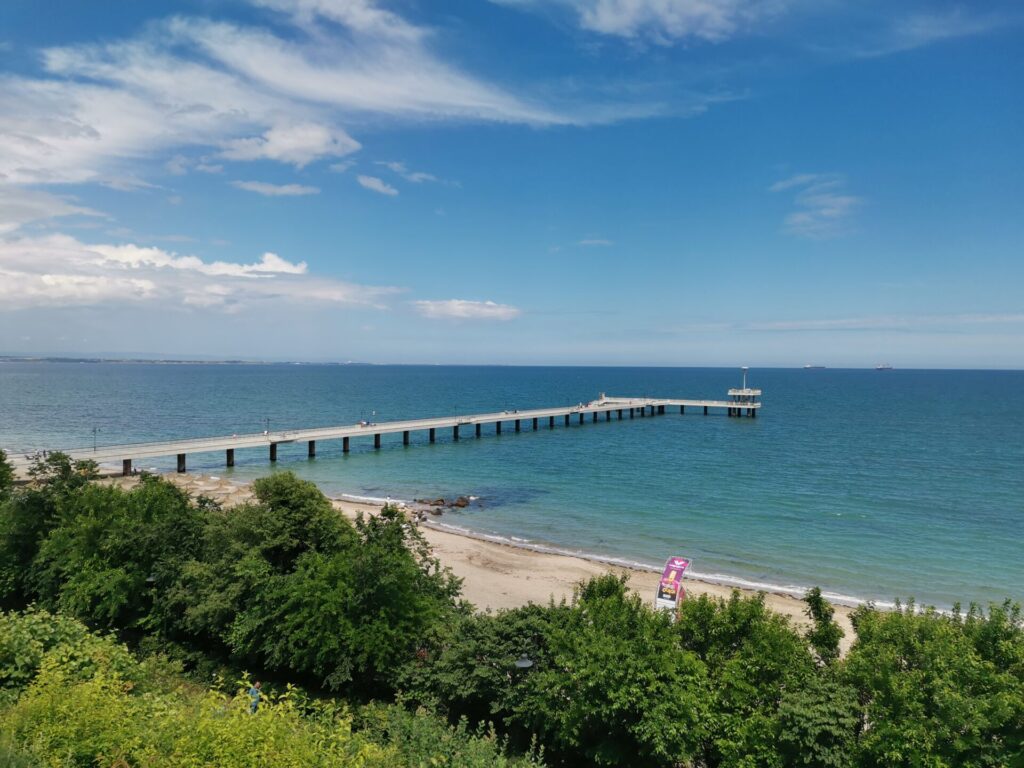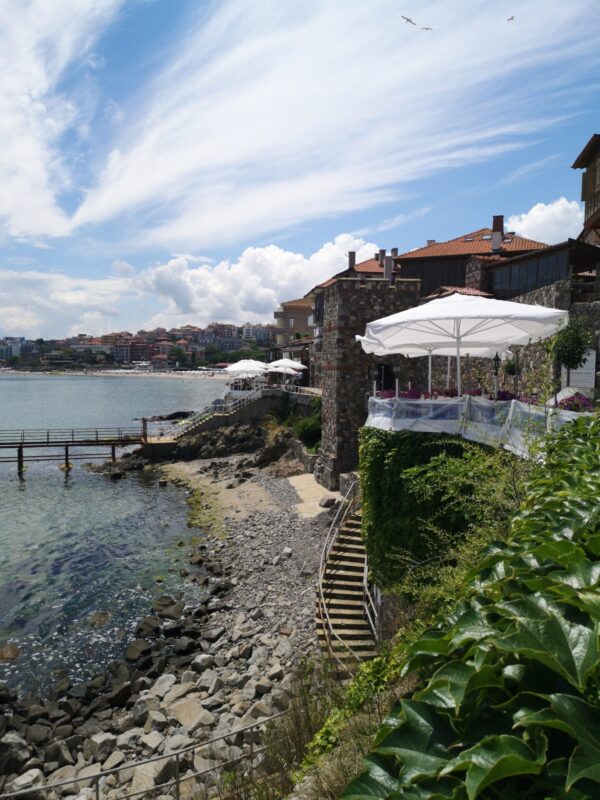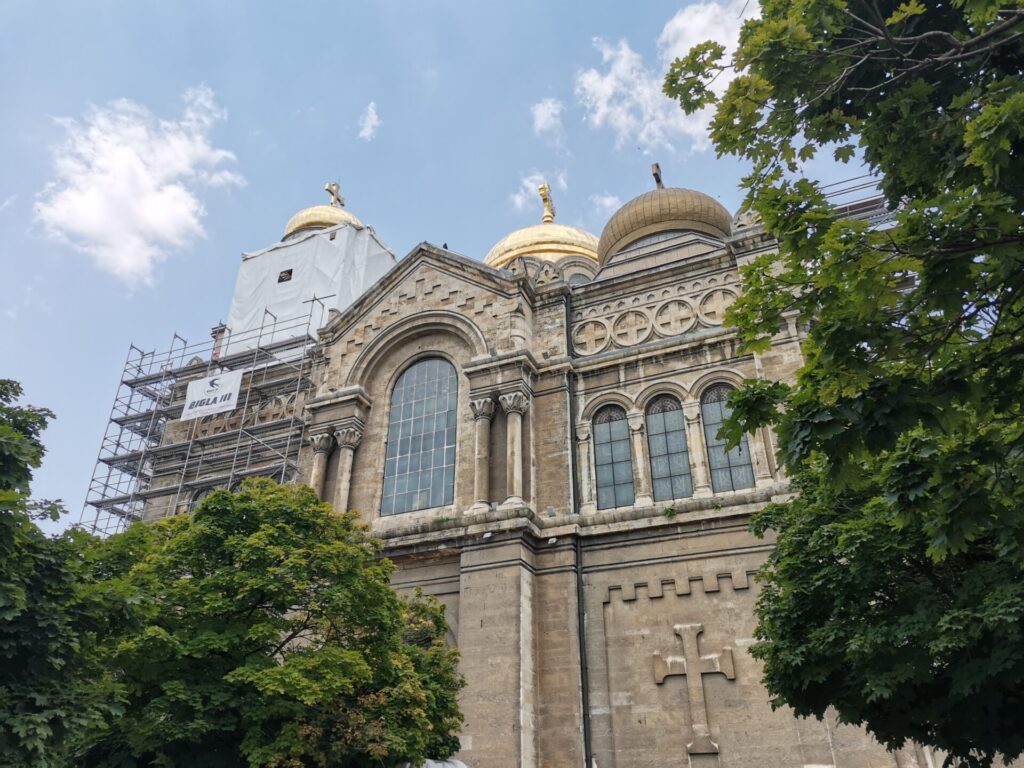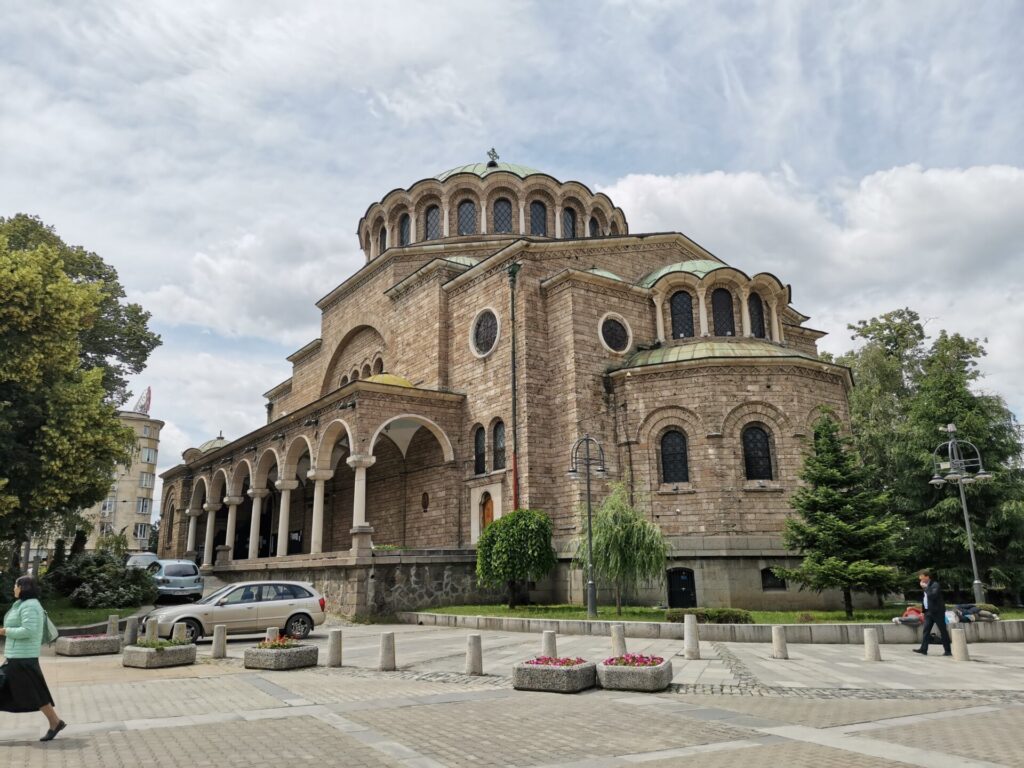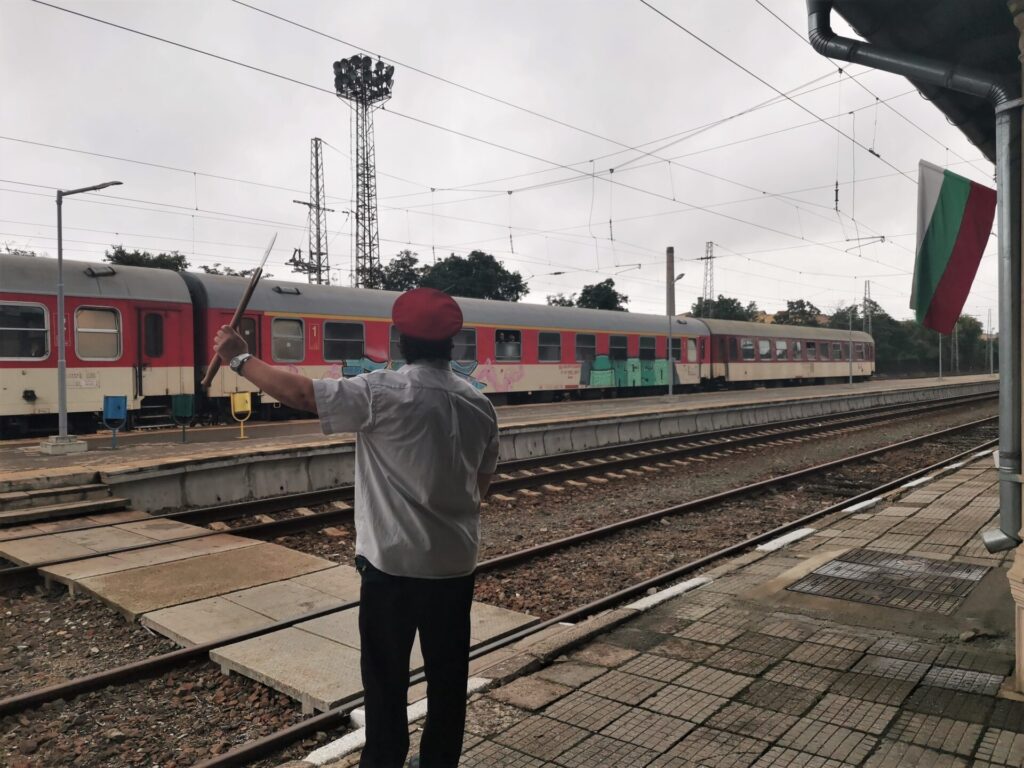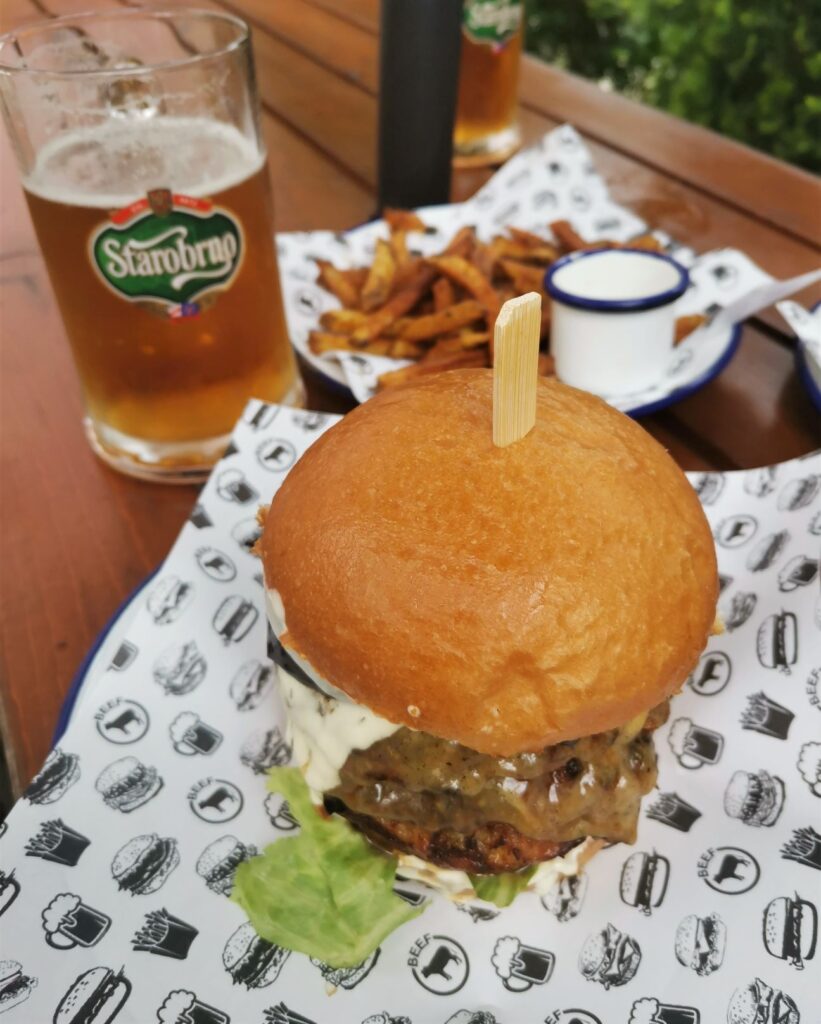Bulgaria
Travel Guides
Welcome to Bulgaria, nestled into the Balkans and lining the edges of the Black Sea, the country has a diverse range of landscapes to enjoy. From the vibrant buzz of capital city, Sofia to the rugged inland mountains, down to the golden sands and clear waters of the coastal towns and cities, Bulgaria is a country that makes you want to explore, have fun and enjoy yourself.
Many tourists come to Bulgaria to enjoy the, suprisingly good, beaches that line the Black Sea all the way down it’s coast. However, Bulgaria has so much more to offer, be it in the form of Sofia, which is rich in history, has an excellent food scene and is incredibly affordable or one of the many national parks and mountains which dominate the north west region of the country. Even on the ever popular Black Sea coastline, the over-developed resorts can be swapped for small towns, or working cities to experience more of what Bulgaria has to offer.
Bulgaria Travel Guides - Where Do You Want To Go?
Top Bulgaria Travel Tips
How to get to Bulgaria
Flights – The capital city of Bulgaria, Sofia, is home to the largest and busiest airport in Bulgaria, Sofia International Airport. Many flights connect Sofia with the UK, mainland Europe and some countries in the Middle East. Bulgaria Air is the national carrier for Bulgaria and serves flights across much of Europe, to both major cities and some smaller towns and cities as well. Many other national carriers connect Sofia to their respective countries and Qatar Airways offers flights to Doha, thus connecting to much of the larger Qatar airways network for flights to most cities in Asia and the Middle East. Budget airlines such as Ryanair, Wizz Air, Jet 2 and Easyjet also operate flights in and out of Sofia airport. Varna Airport and Burgas Airport are the second and third-largest airports in Bulgaria and have daily connecting flights to Sofia airport. They also cater to several flights to Germany and other European destinations, particularly via budget airlines such as Wizz Air and Ryan Air in the summer months. Charter airlines which commonly operate as part of package holidays also run flights from both Varna and Burgas. However many of these direct flights can be scheduled for twice a week so you need to check dates before booking anything as you may need a connection in Sofia. We recommend using Skyscanner for checking and booking flights. You can use tools such as the flight tracker to track the price of a flight and book it at its cheapest, which saves having to check flights every day.
Trains – Bulgaria has international train connections to some of its close neighbours within Europe including Bucharest (Romania), Belgrade (Serbia), Thessaloniki (Greece) and Istanbul (Turkey). Trains in this part of Europe aren’t usually quite as fast and smooth as those in Western Europe so expect longer travel times and the possibility of long stops at some stations. All of these international routes connect with Sofia Train Station so for train travel elsewhere in Bulgaria, you will need to make an onward train connection from Sofia. For trains within and in/out of Bulgaria, use the Bulgaria trains website which is available in Bulgarian and English and allows customers to book tickets online as well as view prices, times and journey options.
Bus – Taking the bus can be a cost-effective way of getting in and out of Bulgaria. There are far more bus connections between Bulgaria and other countries than there are train connections, so it can often be more convenient than having several train connections. The majority of buses start and end in Sofia but some will connect to other regions of Bulgaria too. However, please note that bus journey times can be long. As an example, getting to Belgrade, Serbia, or Bucharest, Romania, two of the closest cities to Sofia, will still take around 6-7 hours by bus. Many companies operate cross-country buses in and out of Bulgaria but we recommend using Flixbus as they have a wide range of routes and a simple website to book through.
Useful tips for getting around Bulgaria
Bulgaria has varying landscapes including mountain ranges, vast forests and its iconic Black Sea coastline. Between all these are small towns and villages and a few larger cities. It’s worth exploring the country but getting around isn’t quite as easy as it is in some other European countries. Here are our top tips for getting around Bulgaria with the various types of transport that are available:
Trains – Train travel in Bulgaria can be a great way to see more of the country and experience some of the rural landscape that Bulgaria has to offer. Trains connect Sofia with major cities such as Plovdiv, Varna and Burgas. However, train travel can be quite slow so it’s worth keeping this in mind if you’re only visiting Bulgaria for a short period. All trains are run by the Bulgarian government and vary in condition and speed. Trains are generally quite comfortable but do not generally have facilities such as food cars, plug sockets or toilet rolls! So, you need to be prepared when taking the train to Bulgaria. Train station amenities vary depending on the station but even at Sofia Central Station, there are only a few places to purchase food and snacks. Book trains online at the Bulgaria trains website or a ticket office. If you opt to book at the ticket office, we’d recommend checking train schedules and prices online beforehand.
Bus – Travelling by bus can be faster than travelling by train in Bulgaria. However, finding which bus runs from one city or destination to another isn’t always as easy as you’d think. If you’re staying at a hotel then they may be able to tell you all the options available and point you in the right direction. You can also use bus companies such as Arda Tur, which runs buses from Burgas to Varna and Bus Express for buses from Sofia and all over Bulgaria. In our experience, buses are not particularly reliable and can depart late and take longer than advertised. The majority of station staff and bus drivers speak a little English which should be enough to get by.
Car – Driving can be a great way to get around Bulgaria and see more of the country. It also offers visitors more freedom and the chance to travel on their own schedule. Roads in Bulgaria are generally of reasonable quality and driving is generally safe but try to stick to main roads where possible, as smaller side roads can often be damaged. Cars drive on the right-hand side of the road and the speed limit is 140 kph on the motorway, 90 kph outside of the city and 50 kph in cities unless otherwise specified. As with much of Europe, cars in Bulgaria are expected to carry a first-aid kit, a reflective/safety jacket, a hazard triangle and a fire extinguisher. If you’re renting a car from a reputable company, they should provide these for you. Drink driving limits are very strict in Bulgaria and it’s best to avoid drinking at all while driving.
Domestic flights – Flying between destinations within Bulgaria is the quickest way to travel the country and also the most expensive. Bulgaria air operate all the domestic flights within the country which are from Sofia to Burgas and Varna. Airports are generally quite small within Bulgaria but are reasonably well-equipped and well-connected to city centres. If you want to explore Bulgaria further and take an internal flight while visiting, we recommend checking Skyscanner to see the various domestic flight options available throughout Bulgaria
Local language and phrases in Bulgaria
The language in Bulgaria is Bulgarian, although English is commonly spoken in tourist areas. We recommend learning a few key phrases to help you travel around Bulgaria, which will come in handy when in more rural areas too. Some useful Bulgarian phrases are:
Hello – Zdravei
Thanks – Blagodarya
Please – Molya
Yes – Da
No – Ne
Where is the toilet? – Kade e toaletnata?
Bulgaria travel tips
– Bulgaria is a relatively safe country. It is suitable for all travellers but keep an eye on personal belongings and watch out for scams, including in taxis.
– Bulgaria uses the type C plug, with 2 round pins, the same as used across most of Europe
– Dial 112 in an emergency when in Bulgaria
– Food menu’s in Bulgaria show weights in grams next to most dishes, this is super useful to know how big or small a portion will be!
– Tap water is safe to drink across the entire of Bulgaria but can occasionally have an odd taste or appearance
– The currency in Bulgaria is the Bulgarian Lev (Лв, BGN)
– We recommend using SafetyWing for travel health insurance in Bulgaria. We always recommend getting travel health insurance for any trip
This site uses affiliate links. When you click on a link and purchase an item, we may be compensated on qualifying purchases. However, this is at no extra cost to you. See our affiliate disclosure for further information.
Bulgaria Travel Articles
Bulgaria Walking Tour Videos
See all of our Bulgaria walking tour videos and videos for more destinations on our Youtube Channel. We plan all of our walking routes and videos to capture the best landmarks and sights of any destination we cover. Visit our destination-specific guides to see a Google Maps link to our route that you can download and follow

